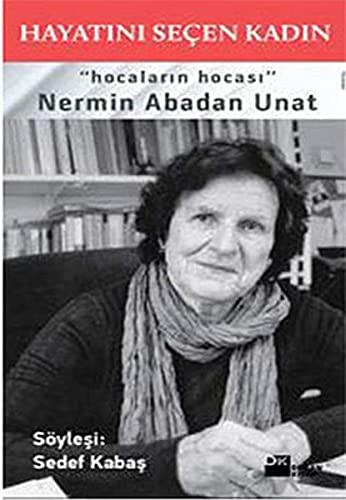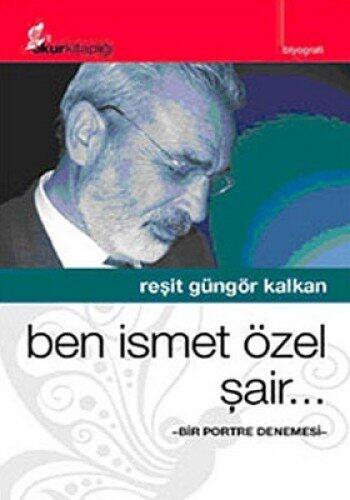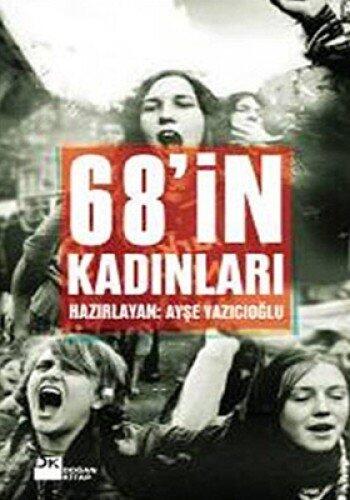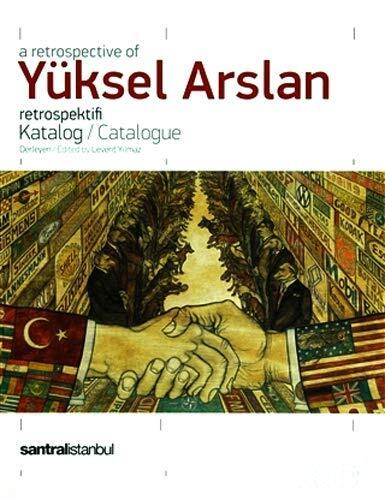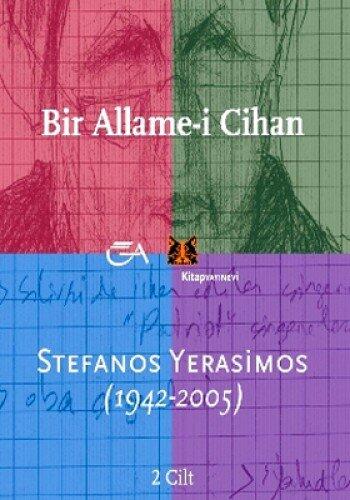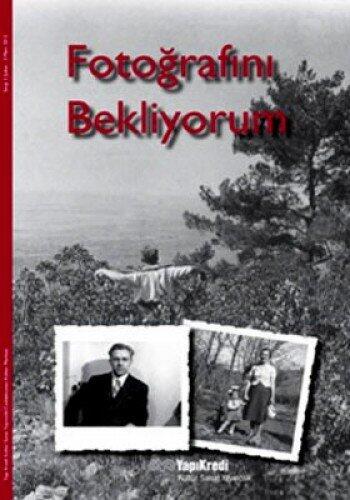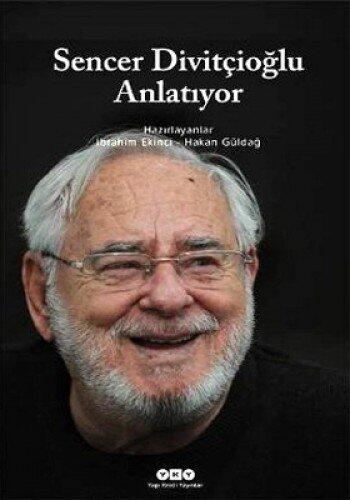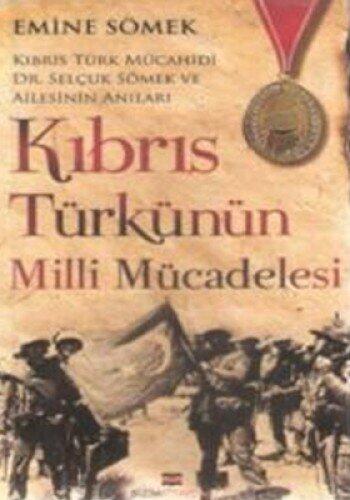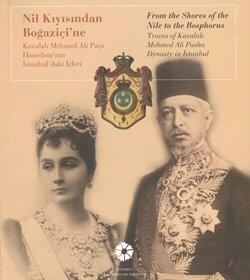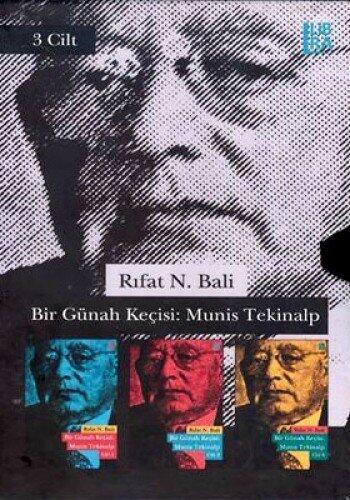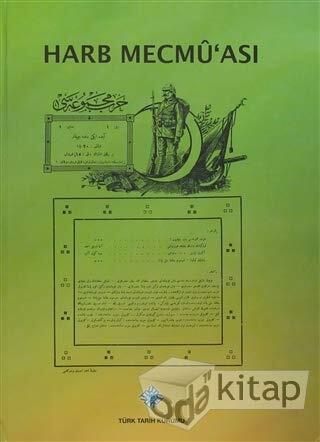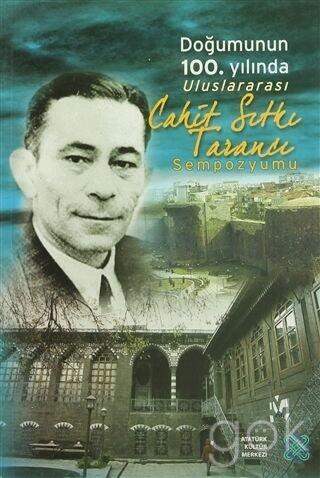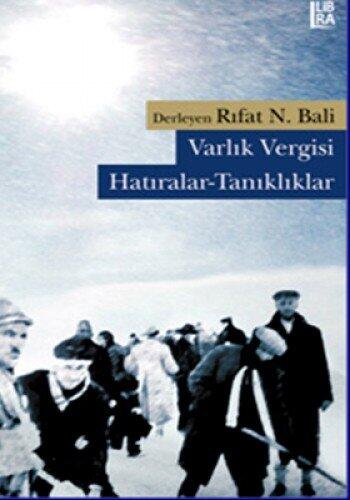
Varlik Vergisi: Hatiralar-Tanikliklar
بواسطة
Rıfat N. Bali
لا توجد تقييمات بعد
Biography
Action & Adventure
History
تنسيق
غلاف ورقي
صفحات
471
لغة
التركية
منشور
Jan 1, 2012
الناشر
Libra
الطبعة
First Edition
رقم ISBN-10
6054326597
رقم ISBN-13
9786054326594
الوصف
In "Varlik Vergisi: Hatiralar-Tanikliklar," Rifat N. Bali compiles a powerful collection of memories and testimonies that shed light on a pivotal moment in Turkish history. The book delves into the Varlik Vergisi, a wealth tax imposed in the 1940s that disproportionately affected minority communities, particularly non-Muslims. Through the lens of personal narratives, the author presents a rich tapestry of human experiences, highlighting the struggles, losses, and resilience of those impacted by this policy.
Bali's meticulous research and storytelling bring to life the individual stories that often go unheard, inviting readers to reflect on the consequences of economic policies that can lead to deep social divides. The emotional weight of the testimonials serves as a poignant reminder of the human cost embedded in historical events. Readers gain insight not only into the historical context but also into the lasting effects on community identity and memory.
By weaving together varied voices, Bali offers a necessary exploration of injustice and remembrance, making this work an essential contribution to contemporary discussions about heritage and the importance of recognizing marginalized histories. The book acts as both a historical document and a compassionate collection of lived experiences that resonate with anyone interested in the complexities of societal change and the profound impact of state policies on ordinary lives.
Bali's meticulous research and storytelling bring to life the individual stories that often go unheard, inviting readers to reflect on the consequences of economic policies that can lead to deep social divides. The emotional weight of the testimonials serves as a poignant reminder of the human cost embedded in historical events. Readers gain insight not only into the historical context but also into the lasting effects on community identity and memory.
By weaving together varied voices, Bali offers a necessary exploration of injustice and remembrance, making this work an essential contribution to contemporary discussions about heritage and the importance of recognizing marginalized histories. The book acts as both a historical document and a compassionate collection of lived experiences that resonate with anyone interested in the complexities of societal change and the profound impact of state policies on ordinary lives.
